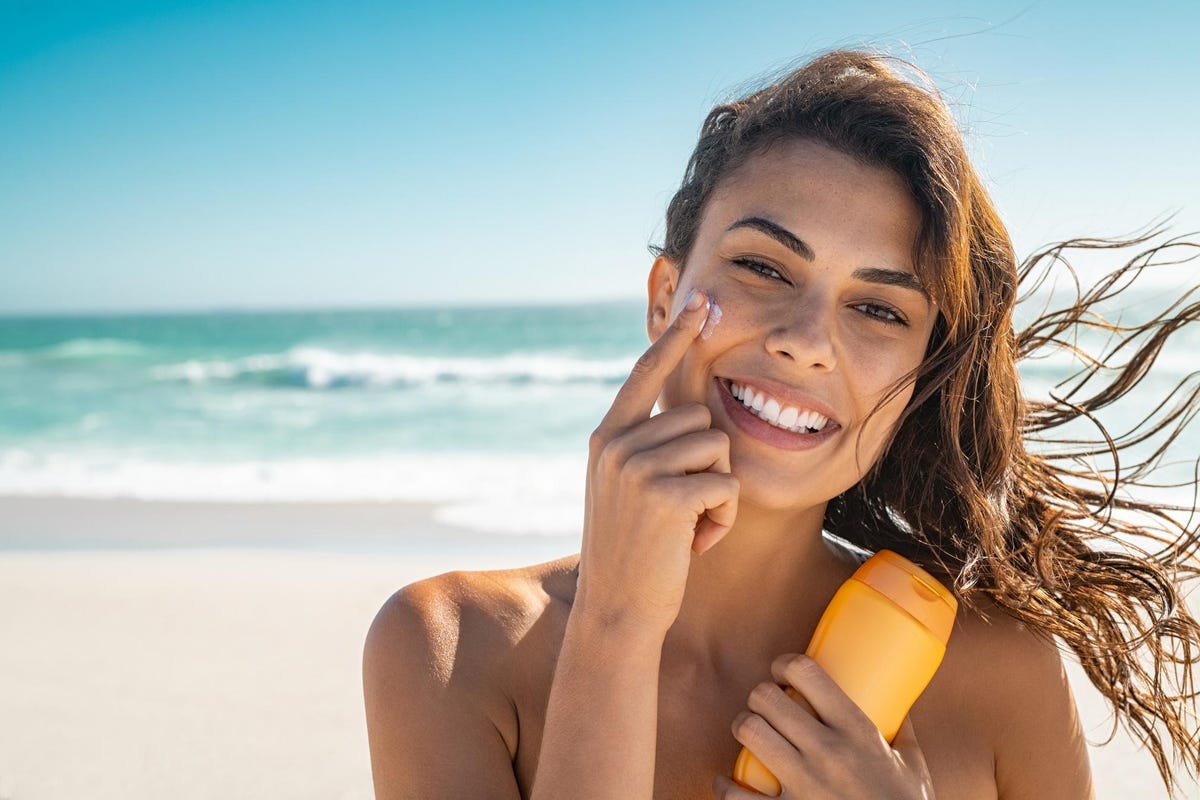Understanding SPF factors

Our gorgeous Nelson summer means it's time to reach for the sunscreen. Most people automatically chose the bottle with the highest SPF rating. But what do those SPF numbers actually refer to? Owner of Eunoia Beauty, Kate Dyer, explains.
SPF stands for "Sun Protection Factor" and is a measure of how much protection the product can provide against sunburn caused by UVB rdiation. It is not an indicator of how long you can stay out in the sun; rather, it indicates the calculated time it takes untanned skin to become red when sunscreen is applied compared to how long it takes when no sunscreen is applied. However, it is not an exact science because the amount of UV light we are exposed to depends on a number of factors, including the amount of cloud cover, the time of day, and the reflection of UV rays off surfaces, so it’s always recommended that you reapply sunscreen every two hours, as it can come off through sweating, contact with water, or be rubbed off by clothing.
How can I protect my skin against both UVA and UVB radiation?
As the SPF only relates to UVB rays, if you want protection against both types of radiation we are exposed to, then you need to ensure your sunscreen is classified as "broad spectrum". Sunscreens allowed to include this on their label have undergone additional laboratory testing.
What should I consider when choosing a sunscreen?
Sunscreen is thus only effective when used correctly and frequently, and some UV radiation will always have the potential to reach the skin, regardless of the SPF factor, and no sunscreen can provide 100% protection.
When determining the SPF under laboratory conditions, a liberal amount of sunscreen is applied. That means to accurately replicate the test conditions and achieve the protection indicated on the label, the same amount of sunscreen must be applied, and many people fall short of this goal.
Also, be sure to check the expiry date of any sunscreen before you apply it. Some of the active ingredients may have broken down, and the sunscreen may not work as well when it is out of date. And don't forget to shake the bottle before applying.
Is a higher SPF better?
Yes, a broad-spectrum SPF 50+ sunscreen blocks 98% of UV rays, which is a little more than the 96% that SPF 30+ sunscreens block. But in reality, improper application of sunscreen, failure to reapply after swimming or sweating, and seeking out shade can all have an impact on how well you are protected, negating any differences in sunscreen SPF numbers.
